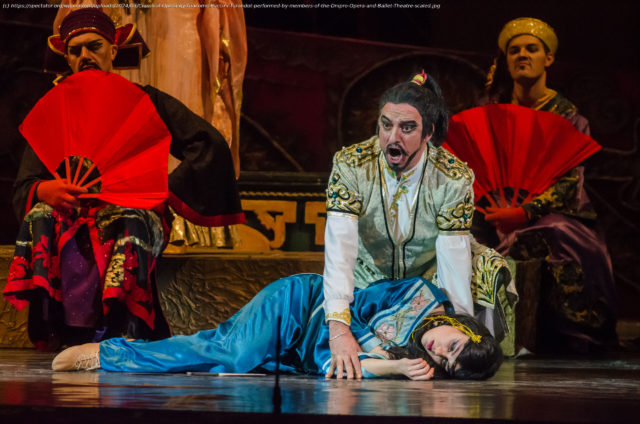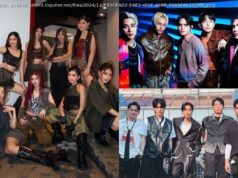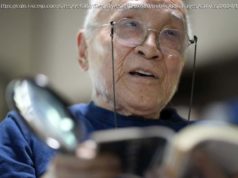This key part of the Western classical music tradition has descended into politically correct madness.
The Metropolitan Opera House in New York City has issued its first “trigger warning” for Puccini’s 1926 opera, Turandot, which takes place in ancient Peking, China. Here’s the full warning, written by Christopher Bronwer, the Met’s associate editor:
We must also consider the criticisms that Turandot — and Puccini’s appropriation, reconfiguration, and reharmonization of Chinese music — has received in recent years. As Ping-hui Liao, a professor of literary and critical studies at the University of California, San Diego, argues, despite the composer’s attempts at authenticity, “when the material is drawn from another culture, as in the case of Madama Butterfly or Turandot, it is integrated and ordered so that it becomes intelligible, controlled, and agreeable … the melodies are so well integrated that they lose their own autonomy and become part of a larger whole. In distinguishing between East and West, [Puccini] makes the former subservient to the latter.” Or, as Carner wryly suggests, while the Chinese characters don “national musical costume throughout … this costume may bear the trademark ‘Made in Italy.’” It shouldn’t be surprising then that many audience members of Chinese descent find it difficult to watch as their own heritage is co-opted, fetishized, or painted as savage, bloodthirsty, or backward.
We must also consider the criticisms that Turandot — and Puccini’s appropriation, reconfiguration, and reharmonization of Chinese music — has received in recent years. As Ping-hui Liao, a professor of literary and critical studies at the University of California, San Diego, argues, despite the composer’s attempts at authenticity, “when the material is drawn from another culture, as in the case of Madama Butterfly or Turandot, it is integrated and ordered so that it becomes intelligible, controlled, and agreeable … the melodies are so well integrated that they lose their own autonomy and become part of a larger whole. In distinguishing between East and West, [Puccini] makes the former subservient to the latter.” Or, as Carner wryly suggests, while the Chinese characters don “national musical costume throughout … this costume may bear the trademark ‘Made in Italy.’” It shouldn’t be surprising then that many audience members of Chinese descent find it difficult to watch as their own heritage is co-opted, fetishized, or painted as savage, bloodthirsty, or backward.






